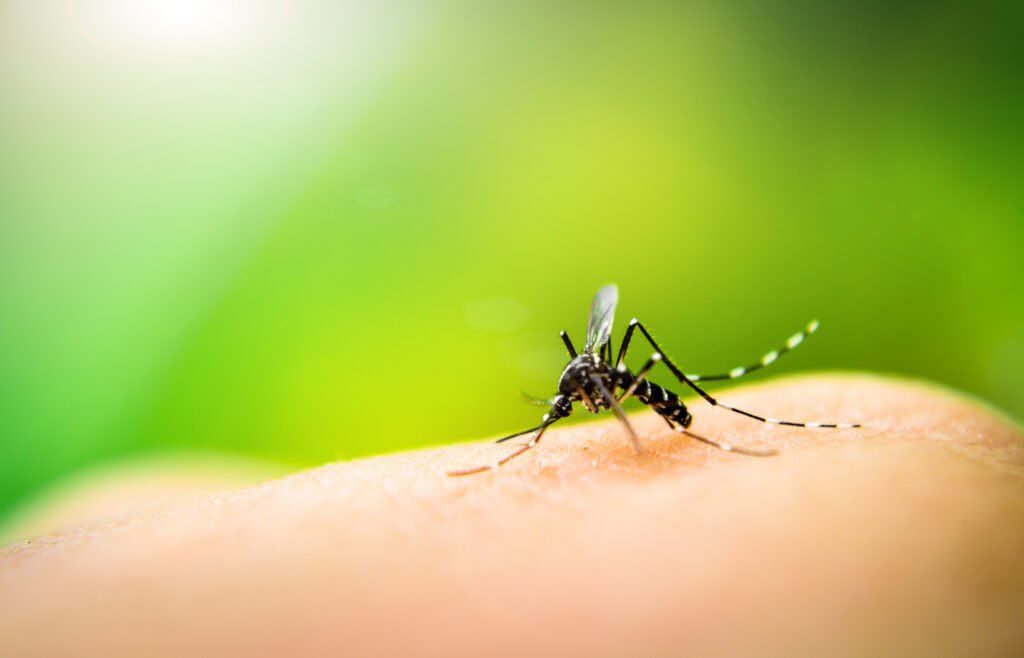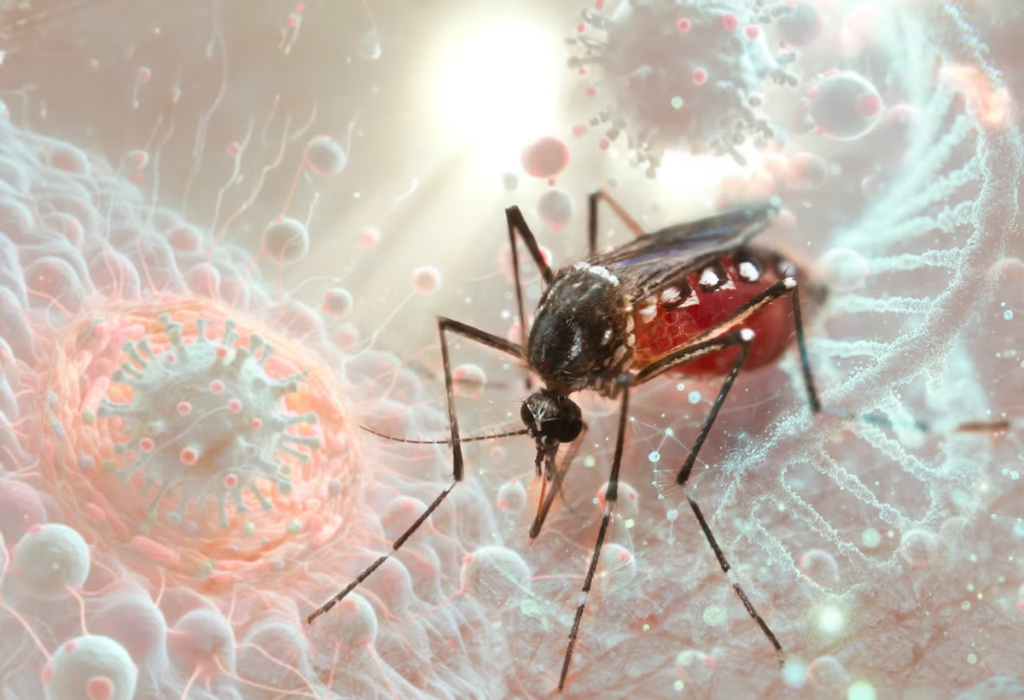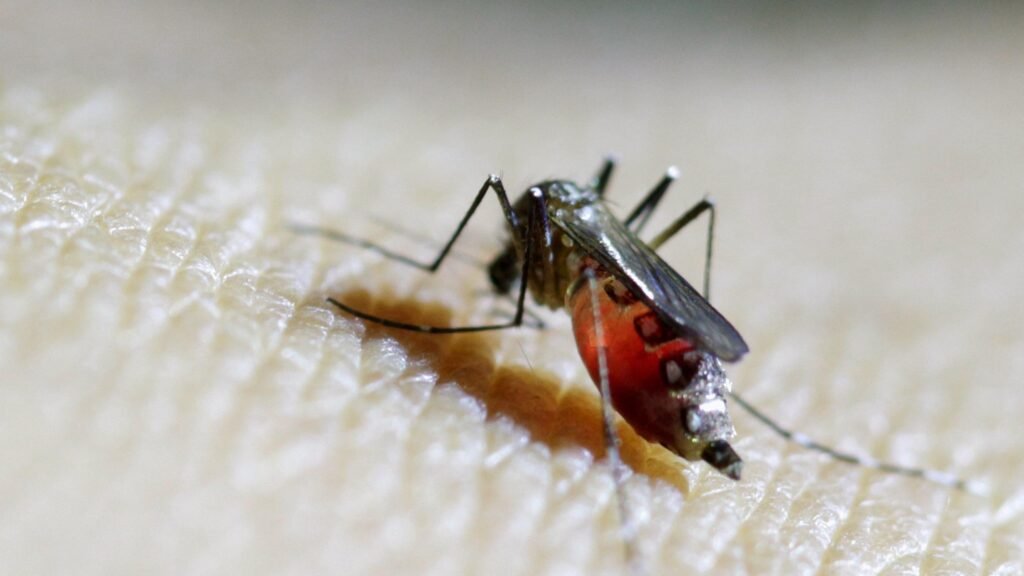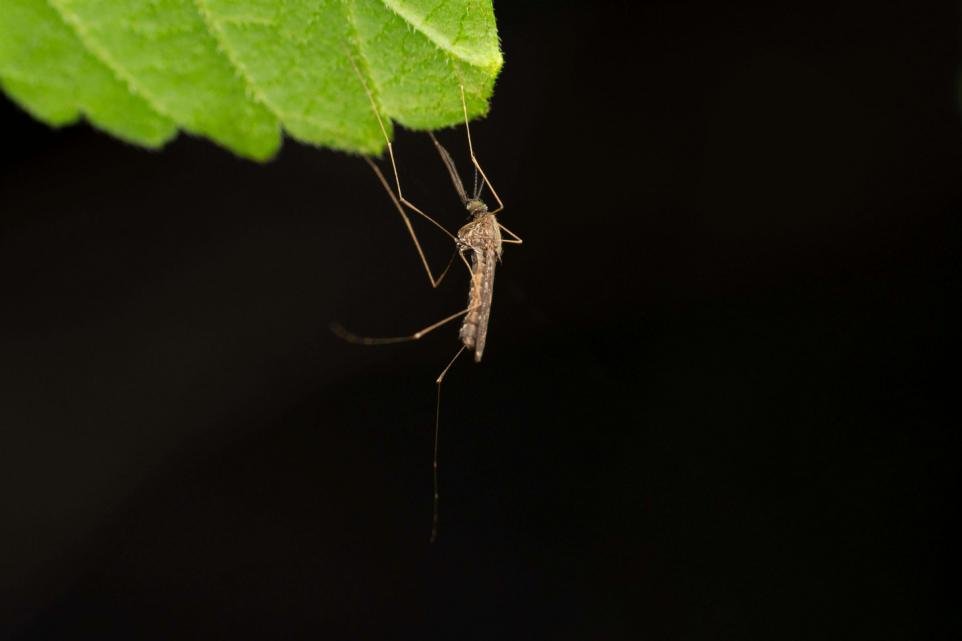Mosquito Disease Risk in the UK Rises with West Nile Virus Detection

The mosquito disease risk in the UK has increased after fragments of the West Nile virus were detected for the first time in mosquitoes in Retford, Nottinghamshire. This discovery highlights concerns about the expanding range of mosquito-borne diseases due to climate change. While the news has prompted public attention, experts urge calm and emphasize the importance of ongoing surveillance and preventive measures to manage this emerging health risk.
How Climate Change Fuels Mosquito Disease Risk Across the UK
According to Professor Jonathan Ball, Director of the Centre for Global Virus Research at the University of Nottingham, the emergence of West Nile virus in the UK is part of a broader trend linked to climate change. As global temperatures rise, the habitats suitable for mosquitoes—particularly those capable of transmitting viruses like West Nile—are expanding further north.
“It is something we need to be aware of,” said Prof Ball. “These viruses—known as flaviviruses—typically circulate in mosquitoes in tropical regions. But with global warming, they’re expanding their range.”
The UK Health Security Agency (UKHSA) confirmed the detection of West Nile virus fragments as part of an ongoing national mosquito monitoring initiative. Wetlands in Gamston, located in Retford, are under surveillance as part of a targeted effort to assess mosquito species, population density, and virus presence across Britain.
Understanding West Nile Virus and Its Role in Mosquito Disease Risk in the UK
West Nile virus is a zoonotic flavivirus, meaning it typically circulates between birds and mosquitoes. Humans and other mammals are considered “dead-end hosts”—they can be infected, but they do not spread the virus further.

Prof Ball explains, “Occasionally, the virus can be transmitted to humans, which may cause mild to severe illness. Around 20% of people infected will show symptoms such as fever, headaches, fatigue, or muscle pain. However, 1 in 150 cases may lead to serious neurological complications like encephalitis or meningitis.”
Despite its potential severity, the current situation does not indicate an immediate threat to public health. To date, there have been no human cases of locally-acquired West Nile virus in the UK.
Mosquito Disease Risk in the UK: Why Experts Advise Calm
Although West Nile virus is associated with outbreaks in warmer climates—such as southern Europe, the Middle East, and North America—the virus’s detection in the UK is a signal of ecological change, not a cause for panic.
“It’s not something the general public needs to be too concerned about,” Prof Ball reiterated. “But we do need to be aware that mosquito-borne diseases are now a part of our environmental future.”
The recent detection is considered an early warning sign, emphasizing the need for surveillance, public education, and preventive health policies, particularly as mosquito-friendly conditions increase in frequency due to global warming.
Nationwide Mosquito Surveillance: What’s Being Done?
To stay ahead of potential health risks, the UKHSA, in collaboration with Bassetlaw District Council and Nottinghamshire County Council, is expanding its mosquito surveillance in and around Gamston and the River Idle area. This effort is part of a broader national initiative aimed at monitoring mosquito species, particularly those capable of carrying diseases such as West Nile, dengue, and chikungunya.

The project includes:
- Setting mosquito traps to assess species diversity and numbers
- Testing captured mosquitoes for viral fragments
- Mapping mosquito breeding grounds and distribution
- Evaluating how climate and land use changes affect mosquito habitats
How to Protect Yourself From Mosquito-Borne Illnesses
While the risk to the average UK resident is currently low, simple precautions can significantly reduce the likelihood of mosquito bites and potential infection:
- Wear long-sleeved clothing, especially near wetlands or wooded areas
- Apply insect repellent containing DEET or other approved ingredients
- Install window and door screens to prevent mosquitoes from entering homes
- Avoid standing water around your home (e.g., flower pots, gutters) where mosquitoes breed
- Be extra cautious at dawn and dusk, when mosquitoes are most active
Climate Change and Vector-Borne Diseases: A Growing Global Challenge
The emergence of West Nile virus in the UK is not an isolated phenomenon. The European Centre for Disease Prevention and Control (ECDC) has reported a steady northward shift in the range of mosquito species capable of spreading tropical diseases. This includes Aedes albopictus (the Asian tiger mosquito), now established in southern Europe and parts of the UK.

In recent years:
- France, Italy, and Greece have seen rising dengue and chikungunya cases
- Germany has recorded West Nile virus infections since 2018
- The Netherlands detected the virus in birds and mosquitoes in 2020
These trends suggest that the UK must remain vigilant as environmental conditions shift.
Expert Voices: Public Awareness Over Panic
Health experts like Prof Ball are advocating for public awareness campaigns, improved climate-resilient health policies, and expanded vector surveillance infrastructure.
“This isn’t about fear—it’s about preparation,” said Prof Ball. “The better we understand these viruses and their vectors, the more effectively we can protect public health.”
Frequently Asked Questions (FAQs)
1. Is the West Nile virus dangerous?
For most people, it causes mild or no symptoms. Serious illness is rare but possible.
2. Can I get West Nile virus from another person?
No, it is not spread from person to person. It is transmitted via mosquito bites.
3. Are mosquitoes in the UK dangerous now?
The overall risk remains low, but climate change may increase mosquito activity and disease transmission in the future.
4. What should I do if I get bitten?
Most mosquito bites are harmless. However, monitor for symptoms such as fever or rash and consult a doctor if symptoms develop.
5. Is the government doing enough to monitor mosquito-borne illnesses?
Yes, the UKHSA and local councils are actively conducting surveillance and working to better understand mosquito populations.
A Wake-Up Call, Not a Crisis
The discovery of West Nile virus fragments in the UK is an important public health signal, not a sign of imminent danger. It underscores the complex relationship between climate change, ecosystems, and infectious diseases. With vigilance, proactive policy, and simple preventive steps, the UK can stay ahead of any serious outbreak.
While mosquito disease risk in the UK may rise in the coming decades, the current message from scientists and public health officials remains clear: stay informed, not alarmed.





Great information shared.. really enjoyed reading this post thank you author for sharing this post .. appreciated
131. Love the look of outdoor flooring! Saw some great examples at [sangemarmarmarble.com]. Does marble really stain easily?